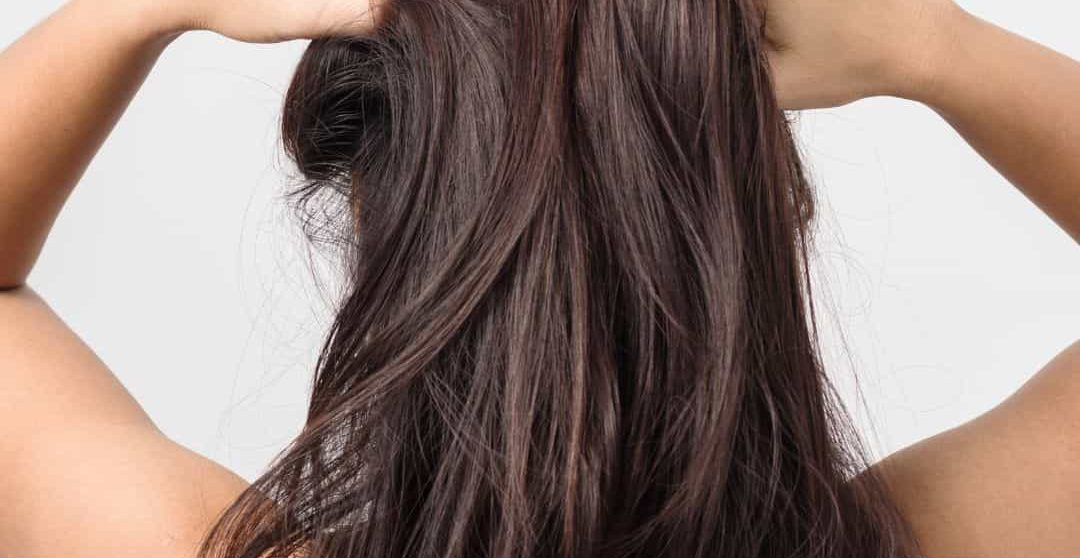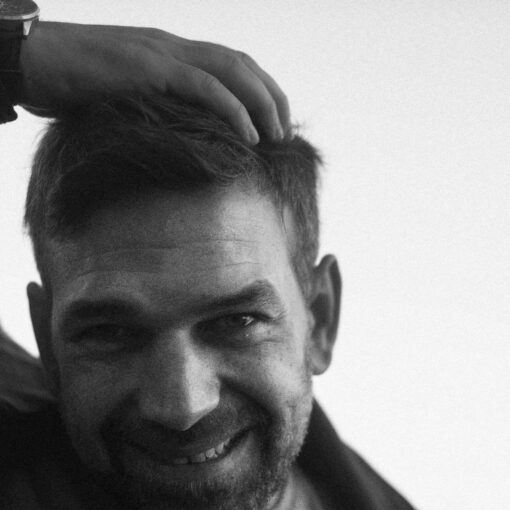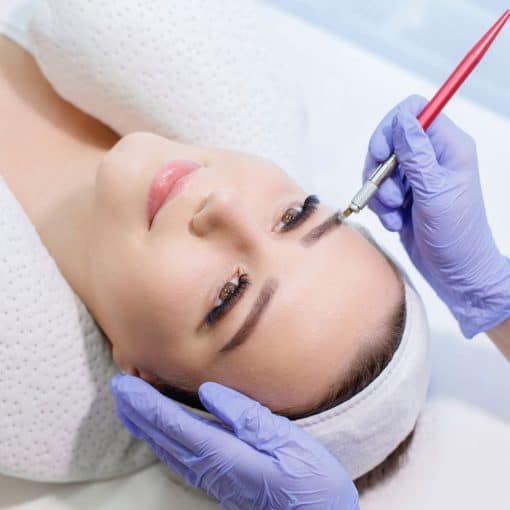
Hair loss is a common concern for both men and women, affecting millions of people worldwide. Whether it’s gradual thinning or more severe hair loss, the causes are often varied and complex. While some factors are out of our control, understanding the roles of genetics, stress, and diet can help individuals make informed decisions about preventing or managing hair loss.
Genetics: The Primary Culprit
When it comes to hair loss, genetics often plays the most significant role. The most common form of hair loss, androgenetic alopecia, is largely influenced by your family history. This condition is hereditary, meaning if your parents or grandparents experienced hair thinning or baldness, there’s a higher likelihood that you might too.
Androgenetic alopecia occurs when hair follicles shrink over time, leading to shorter and finer hair strands until the hair stops growing altogether. In men, this typically manifests as a receding hairline or thinning at the crown, while women may experience diffuse thinning, particularly along the top of the head. Although this genetic factor is not something you can change, there are treatments available that can help slow or reverse the process. Aderans trichology team offer a range of treatments that may be beneficial to you. To read about the treatments we offer, take a look at our website: www.aderanshaircentre.co.uk
Stress: A Silent Trigger
While genetics may lay the foundation for hair loss, stress can act as a trigger, accelerating the process or exacerbating existing hair thinning. Stress causes the body to release hormones like cortisol, which can disrupt normal hair growth cycles. Chronic stress can push more hair follicles into the “telogen” phase, where hair stops growing and eventually falls out. This condition is known as telogen effluvium and is often linked to stressful events like illness, trauma, or major life changes.
The good news is that hair loss due to stress is often temporary. Once the stressor is managed or resolved, hair growth may return to normal. However, chronic stress can lead to more severe, long-term thinning. To combat this, it’s important to practice stress management techniques such as mindfulness, meditation, exercise, and getting enough sleep. A balanced lifestyle can help keep stress levels under control, preventing it from negatively impacting your hair health.
Diet: Nourishing Your Hair from Within
What you eat can directly influence the health of your hair. A poor diet lacking in essential vitamins and nutrients can contribute to hair thinning and loss. Certain nutrients are vital for maintaining strong and healthy hair:
- Protein: Hair is primarily made up of keratin, a protein, so it’s important to consume enough high-quality protein sources like eggs, fish, legumes, and lean meats.
- Iron: Iron deficiency can lead to hair shedding, so ensure your diet includes iron-rich foods like spinach, red meat, lentils, and fortified cereals.
- Zinc: Zinc plays a key role in hair tissue growth and repair. Include zinc-rich foods like nuts, seeds, and whole grains in your diet.
- Vitamins A, C, and E: These vitamins are antioxidants that help protect hair follicles from damage. Carrots, citrus fruits, and nuts are great sources of these essential nutrients.
- Omega-3 Fatty Acids: Found in fish like salmon and sardines, omega-3s help keep hair follicles hydrated, supporting overall hair health.
A diet rich in these nutrients can promote hair growth and reduce the risk of hair loss. On the other hand, a poor diet with inadequate nutrition can lead to weak, thinning hair. If you’re struggling to get the right balance through food, consider speaking with a healthcare provider about diet changes and supplements that could help.
Natural Methods to Combat Hair Loss
For those looking to take a natural approach to hair loss, there are several approaches and lifestyle changes that may help:
- Scalp Massage: Regularly massaging the scalp can improve blood circulation to the hair follicles, stimulating hair growth. Using natural oils like coconut or rosemary oil can enhance the effects.
- Biotin: This B-vitamin is often recommended for hair health. Biotin supplements or biotin-rich foods (like nuts, eggs, and whole grains) may help strengthen hair and promote growth.
- Avoiding Harsh Hair Treatments: Reducing the use of chemical-laden hair dyes, straighteners, and excessive heat styling can prevent further damage to your hair. Stick to gentler products and consider air-drying your hair when possible.
Hair Systems: A Non-Invasive Option
For individuals experiencing significant hair loss and looking for an immediate solution, wigs and hair systems can provide an effective, non-invasive alternative. Hair systems can be custom-designed to match your natural hair colour, texture, and style, giving you a full, natural look. Modern wigs and hair systems are lightweight, breathable, and designed to stay securely in place, allowing individuals to feel confident without undergoing surgical procedures like hair transplants.
Aderans wigs and hair systems come in both synthetic and human hair options, for help finding the best option that works for you, please reach out to one of our salon specialists here: https://aderansuk.com/book-now or contact our an Aderans Trichologist here: https://www.aderanshaircentre.co.uk/
Taking Control of Your Hair Health
Hair loss is influenced by a combination of genetics, stress, diet, and lifestyle choices. While some factors like genetics are beyond our control, there are still plenty of ways to manage and reduce hair loss. By addressing the underlying causes, such as managing stress and maintaining a balanced diet rich in essential nutrients, you can give your hair the best chance of staying healthy and strong. Additionally, treatments, wigs and hair systems can offer you valuable alternatives to more invasive procedures, like hair transplants.
If you need some help with your hair loss, get in touch with one of our Aderans hair loss specialists, we have hair centres in London, Brighton & Hove, Edinburgh, Manchester, Nottingham, Midlands and Liverpool.
Book a free consultation with us here.



